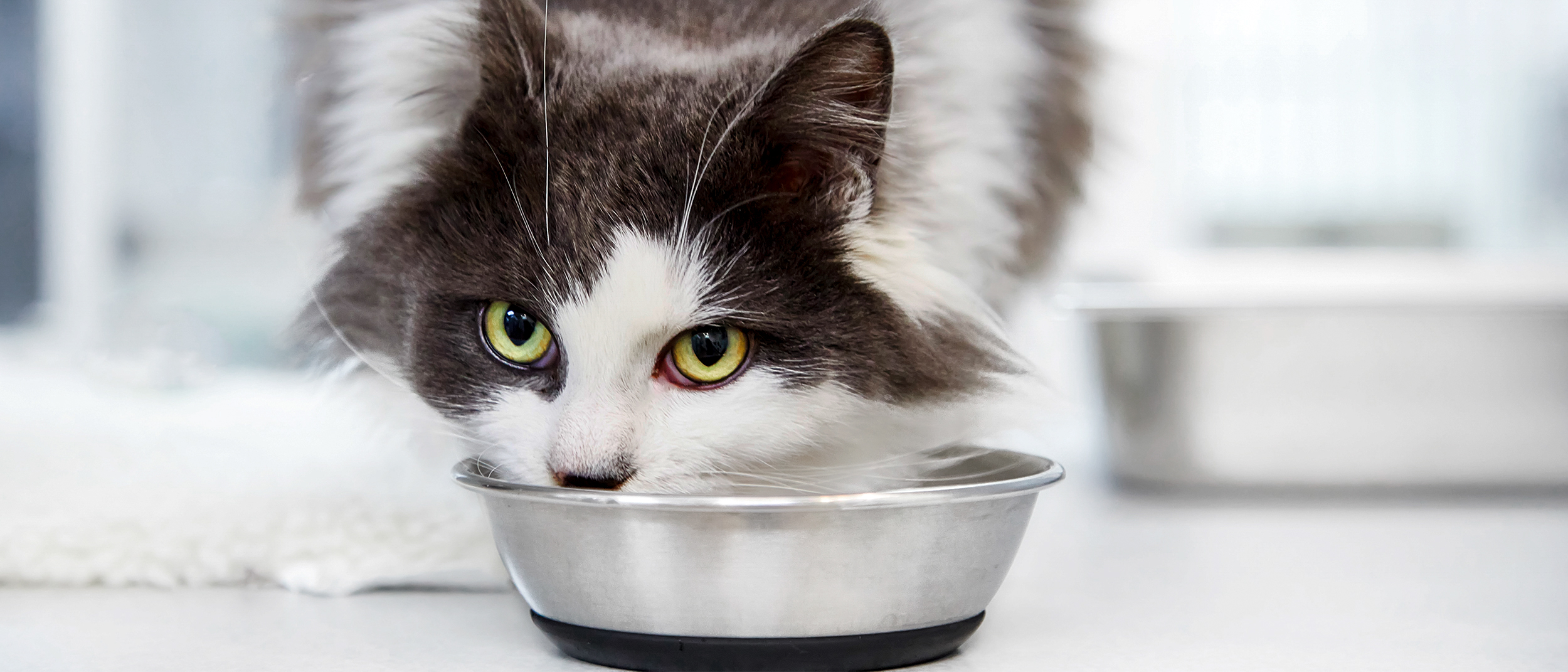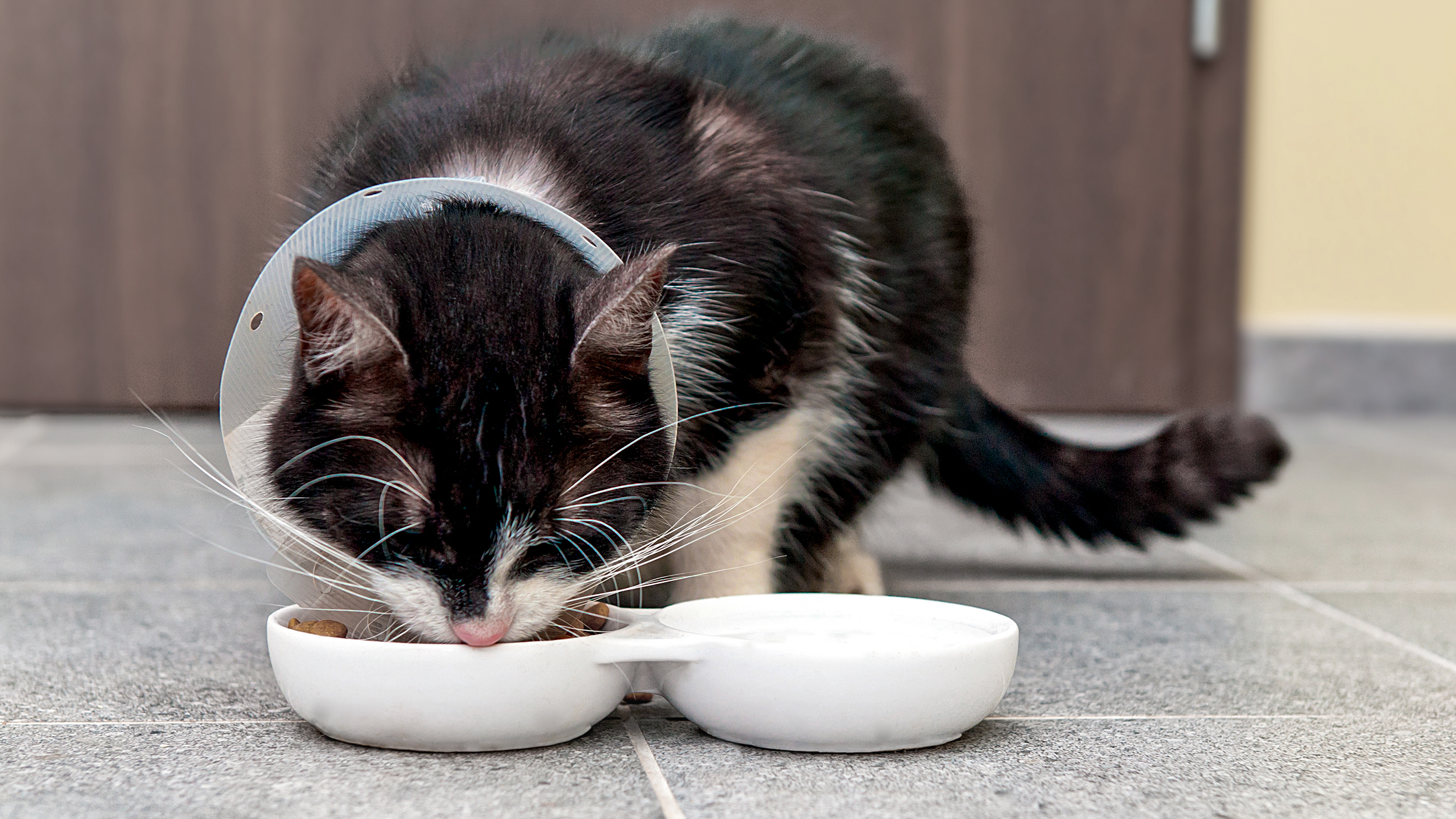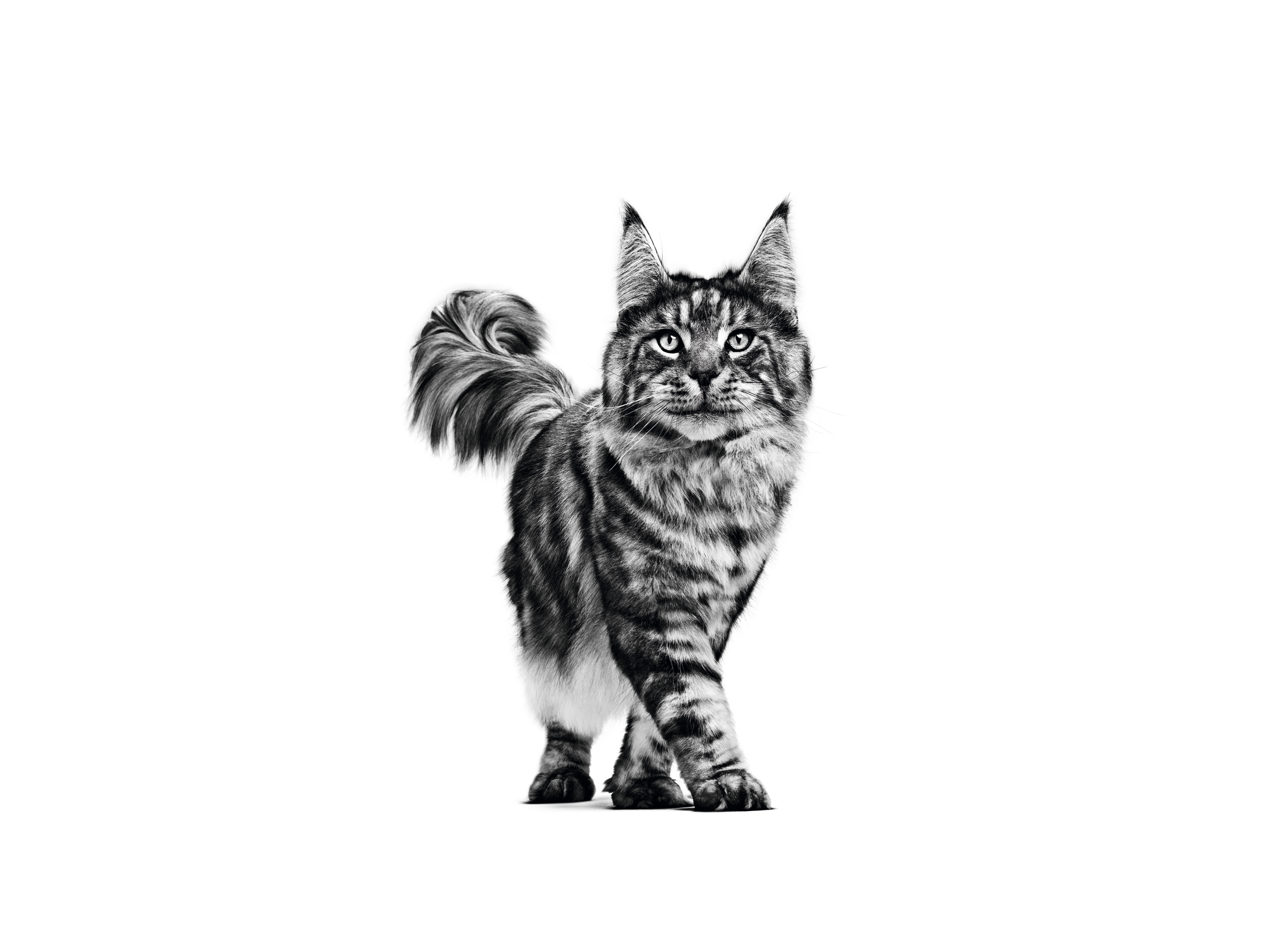What To Feed Your Cat After Surgery To Support Recovery

If your cat has recently had an operation, it’s important to take care of them in the right way to give them the best chance of recovering quickly and effectively.
Surgery can be very difficult for your cat, both mentally and physically. Their body will be working hard to repair and maintain its strength, so the diet you feed your cat – and how you feed it – is crucial.
How should I feed my cat after surgery?
Your cat’s body and digestive tract is unlikely to be able to cope with the same amount of food ingested as it was pre-surgery. Digestion and proper absorption of nutrients from food takes a lot of ‘work’ from your cat’s system, and this energy may be being directed elsewhere to speed the healing process.
Ask your veterinarian for advice on how to feed your cat immediately after surgery. How much should you feed after you bring your cat home? Does your cat need a diet change? Most veterinarians will recommend feeding a smaller portion the night after discharge from the hospital, such as half of the normal portion, but it will depend on your cat and what type of procedure they have had. Many cats don’t have their full appetite after they’ve had surgery, but ask your veterinarian about this if it persists.
If your cat vomits after eating their food on the same day as their surgery, ask your veterinarian to recommend the best way to progressively return your cat to their feeding plan.
Your cat may have to wear a protective collar to prevent it licking or scratching their wound; make sure this doesn’t interfere with eating and drinking, and if so remove it during meal times. Depending on the type of surgery your cat underwent, it may require assisted feeding through a feeding tube. If this is the case, talk to your vet about the best way to do this.

What should I feed my cat after surgery?
Your vet might recommend you transition your cat to a ‘recovery’ diet while they are getting better from their operation. Recovery diets are designed to give your cat all the nutrients it needs to return to full health while minimising the digestive workload. These foods have increased amounts of protein, fat and calories, making it an energy-dense food; this means your cat can eat smaller portions and still get the energy and nutrients it needs. The protein in the recovery diet aids in the growth and rebuilding of cells, and should be highly digestible so its easy to absorb.
Many cats often have a decreased appetite after surgery, so any recovery food should be palatable and appetising to your cat, with an appropriately shaped kibble or pieces, to encourage them to eat.
When should my cat return to the vet after surgery?
With the right care and diet, your cat will hopefully be back to full health soon after its operation. However, if you notice any of these symptoms, it’s essential you return to the vet:
- Bleeding
- Vomiting, diarrhoea, or constipation
- Consistent loss of appetite or decreased water intake
- Depression, weakness or lethargy
- Shivering or a change in body temperature
- Unsteadiness on their feet
- Laboured or painful breathing
Taking extra care of your cat after a surgical procedure means they’re more likely to recover faster and be back to their regular selves sooner. If you’re unsure about how to take the best care of them, ask your vet for advice.
Related Articles

Find a vet
If you have any concerns about your cat’s health, consult a vet for professional advice.
Like & share this page